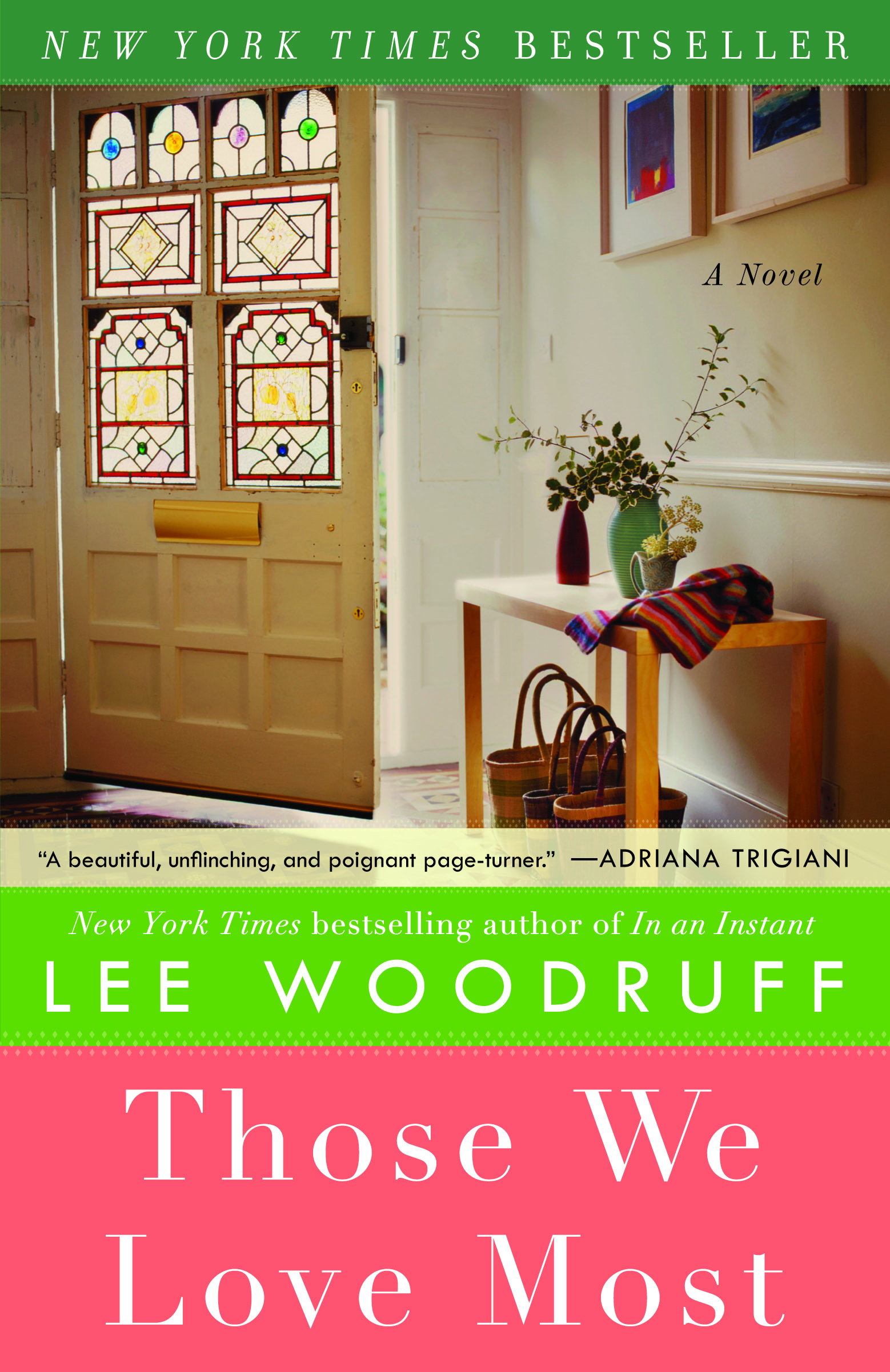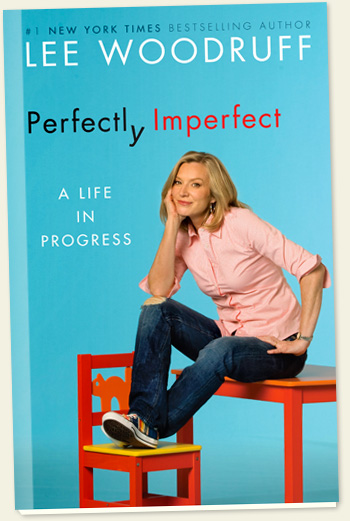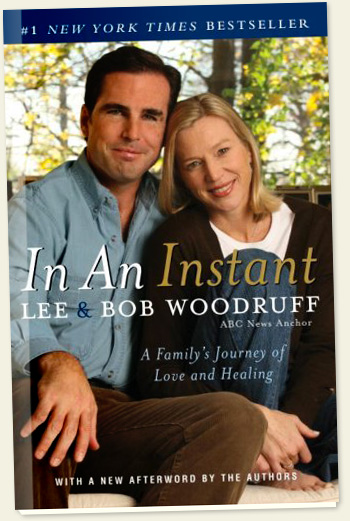Looking At Different Abilities
 August 6, 2009
August 6, 2009  22 Comments
22 Comments
I was taking a walk down a country road near my home when I saw a bright yellow “children at play” sign. Carefully written above the letters in deep black marker was the word “autistic.”
When I was growing up, I remember a family of deaf children who lived on my street. Near their house was a big orange sign that said “Deaf Child Area.” It was necessary that drivers know the children there would not hear their approach or the honk of a horn.
I thought back to that sign and how I had felt seeing it as a child. I don’t remember playing with those kids. I’m quite sure that they went to different schools, had different friends, didn’t mix with the neighborhood kids. Maybe they felt communication would be difficult or awkward. The sign always struck me as a kind of quarantine, setting the family apart. It stigmatized them in my young eyes.
Yesterday, as I walked past the bright sandwich board sign set on the side of the road, I thought about what that mother must have felt as she wrote the word “autistic.” She had fears for her children’s safety, I imagined, and maybe she simply wanted people to understand if her children acted differently or didn’t react to passersby. But there was a kind of un-nameable pride in those words. The added word seemed to say “these are my children. I’m comfortable with it and you should be too.”
Maybe I felt this way because I knew the mother who had put up the signs. She has three boys, two of them autistic. She seems to have boundless energy and has devoted her life to her sons. Her world is circumscribed by their abilities, her marriage has been impacted and her social life is limited. I imagine that in the quiet of her home and the privacy of her bed there have been many bleak moments, mixed with triumph and pride.
The sign also made me realize just how far we have come as a society. There was a time when we swept these kinds of disabilities under the rug. They were shameful, stigmatizing and segregating.
I am proud of this mother for choosing to call a spade a spade. I have a hearing impaired daughter. Whe this disability is not anywhere as limiting as the level of autism my friend’s boys have, I have learned long ago you cannot measure people’s pain. We all ache equally for our children when the diagnosis is delivered. There are no blue ribbons for first prize in the “biggest martyr” category. Anyone with a child who has different abilities is my hero.
I’ve raised my daughter to be very matter-of-fact about her hearing. “I wear hearing aids,” she will explain, and she has chosen hot pink tie-dyed ear molds so that there can be no mistake. I know that when adolescence hits, it will be harder for her to crow about her differences. She will want in-the-ear hearing aids and perhaps take them off in certain situations when she is self-conscious. No child wants to be different, at least in that way.
The Americans With Disabilities Act went a long way toward legally giving people with disabilities rights. But to truly remove the stigma, to really help those with different abilities we need to all be comfortable with calling it as it lays. Denial, or choosing not to speak about it only continues to keep others shrouded in the cloud of “shame” that can accompany people with disabilities.
I recently wrote a cover story for Parade magazine about brain injuries and the promise of cognitive rehabilitation for recovery. I received a great deal of reader mail in support of the article. But it was, of course, the one dissenting letter that stayed with me. The reader told me how much he enjoyed the story until he got to the line where I said “brain injured people are often seen as “slow” or “retarded.” As the father of a grown Downs Syndrome son, he felt that by using these words I was insulting him and his family. In an email back to him I pointed out that by choosing those words I meant to underline how we stigmatize people with pat phrases.
I ached for this father. His son was in his 20s and yet he still felt the pain, perhaps even the shame that his son’s disability carried. As I wrote him back and assured him my words were meant to advocate for people like his son, I thought about all of the families across America who have braced themselves to feel the slight, the whispers, the child’s stare when they go outside their door with a loved one.
On the way back home from the walk, I passed the sign again and fought the urge to raise my fist in support. “Here is my child,” the sign said, “and this is what you need to know about him.” Slow down, pay attention and change YOUR behavior. There is a lesson in there for each of us.







